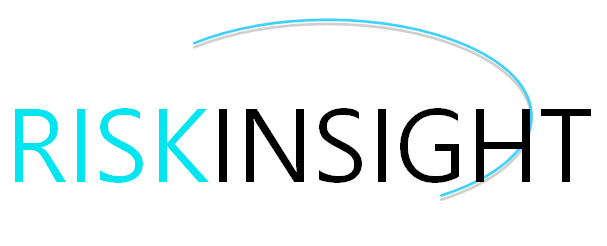Managing risk in the digital age
- By florian.glinserer
- •
- 01 Nov, 2017
- •
The digital age is well and truly upon us. It pervades business and our personal lives, and provides us with many benefits. It also presents us with risks.Risk management remains a qualitative management practice in many industries, supported to varying degrees by quantitative analysis. Generally, the more strategic the risk, the more management decision-making tends towards being qualitative, using techniques such as scenario planning and good business acumen. This is set to change. The need to qualitatively review risk will remain, but what we now see is a ‘tipping point’ at which the digitisation of business presents an opportunity to combine qualitative reviews with a data-driven approach to managing risk. Those who are pursuing this path are already seeing tangible benefits.
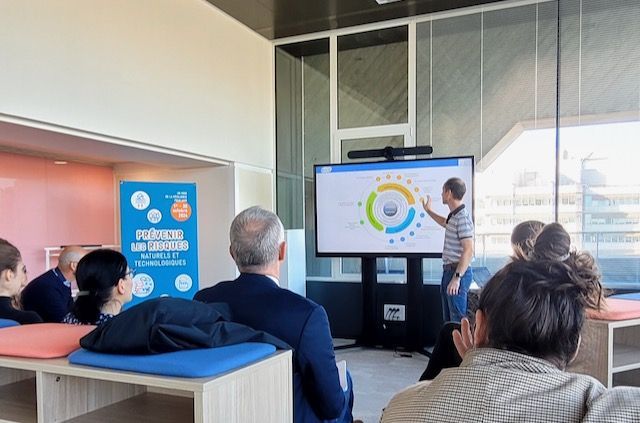
We held very interesting in-person discussions about how my Urban 2.0 framework and system can be used by cities and towns around the world, and also the release of the UNDRR Global Assessment Report, Special Report 2024, which I was delighted to contribute towards.
The municipality of Bordeaux is continuing to pursue some excellent work in urban resilience, which I will be profiling in due course...

Almost half of Small Island Developing States' (SIDS) populations reside in urban areas. Research into urban resilience and urban planning tends to focus on cities in large nations, and only a relatively small amount of specific research on SIDS cities currently exists. However, much of the general urban resilience research is applicable to SIDS, as long as context is considered.
This paper focuses on ways to implement measures that will foster resilient and dynamic cities in SIDS. Ensuring good policy action to build, maintain and continuously improve these cities is key to achieving sustainable development and resilient prosperity as set out in the Outcome Document of the Fourth International Conference for Small Island Developing States (SIDS4).
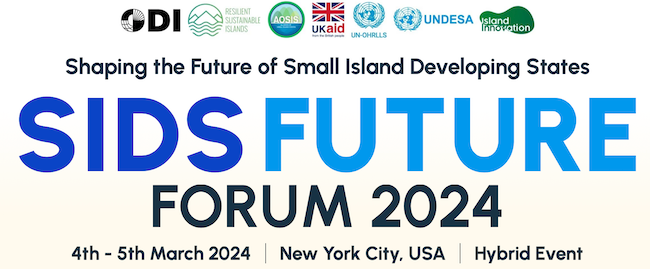
With growing challenges like climate change, debt burdens, and dwindling resources, they desperately need an actionable, doable, and ambitious roadmap for the next decade. 2024 is an important year for SIDS, with the SIDS4 conferencetaking place in May.
You can access details about the Forum on the Island Innovation website, here.
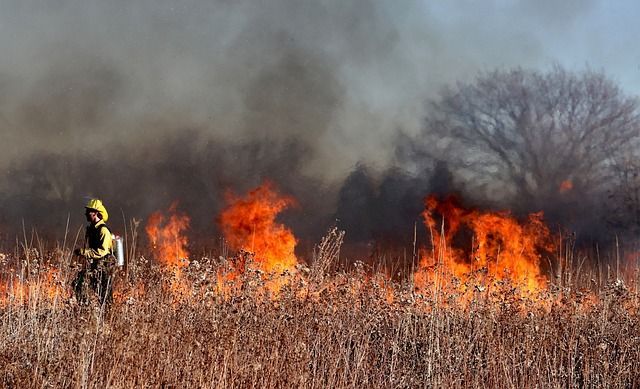
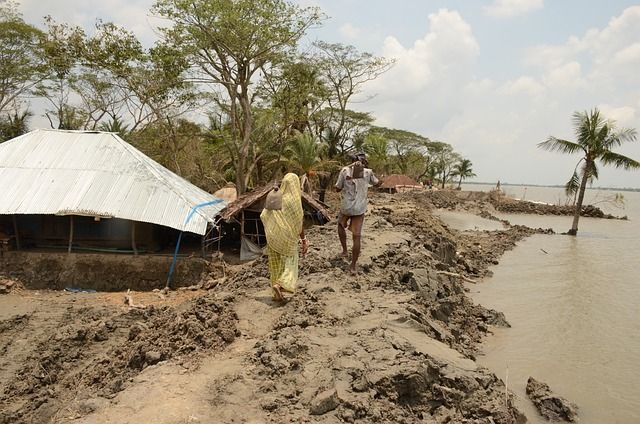
You can read edition #1 here. This first edition is an introduction to our work, containing a summary of some of the work we are undertaking, links to case studies and interviews with people about different aspects of avoiding disasters.

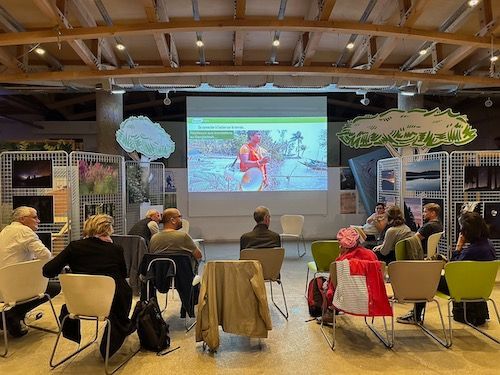
We held a very interesting in-person round table discussion with citizens about how disasters can be avoided.
The municipality of Bordeaux is pursuing some excellent resilience work, which I will be profiling in due course...

We reviewed approaches being taken to prevent hazards from turning into disasters, including examples and how innovation is helping countries, cities and communities prevent adverse fallouts from hazard events.
You can access the webinar and download all presentations here.

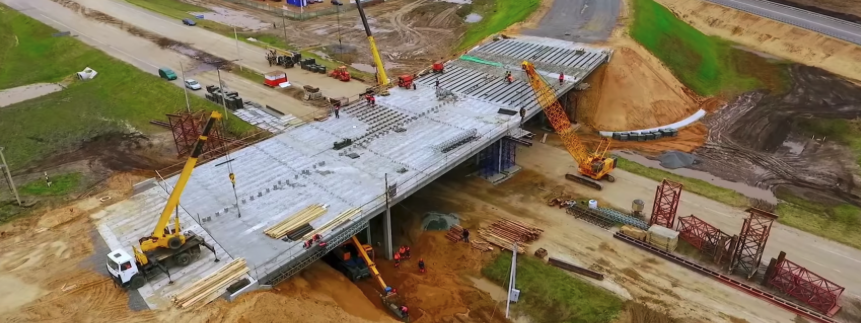
The December 2022 edition, which covers a wide variety of infrastructure-related topics, is available here...
